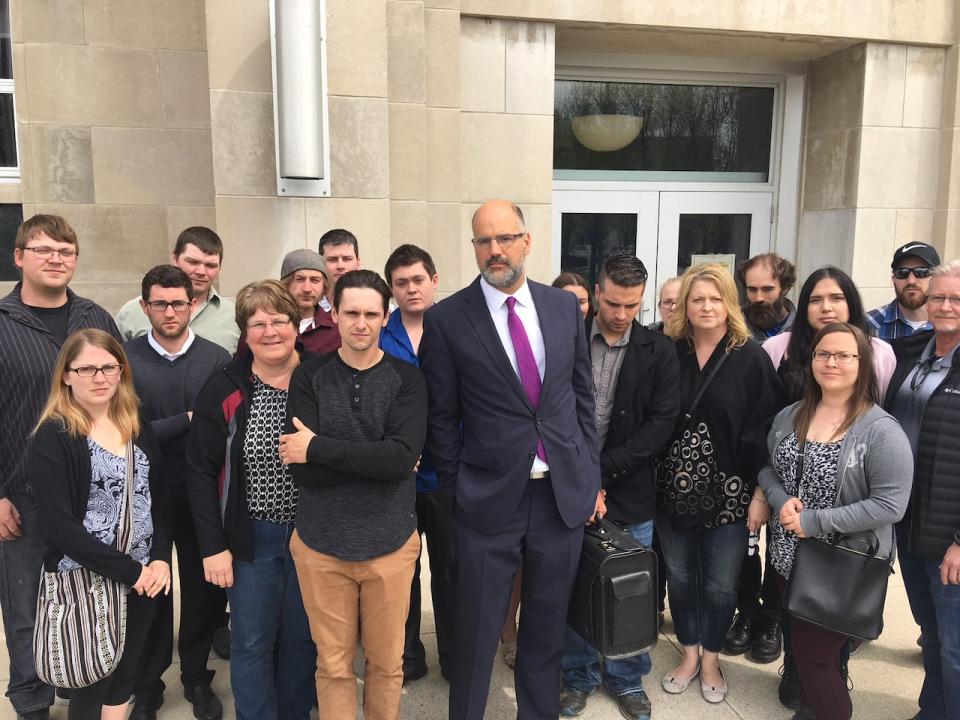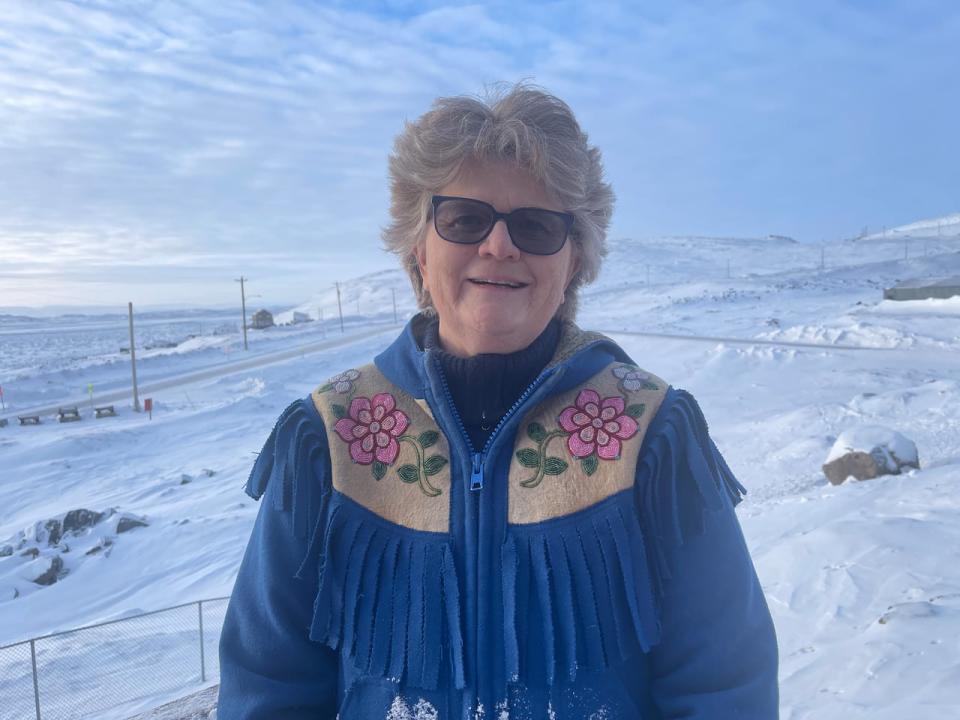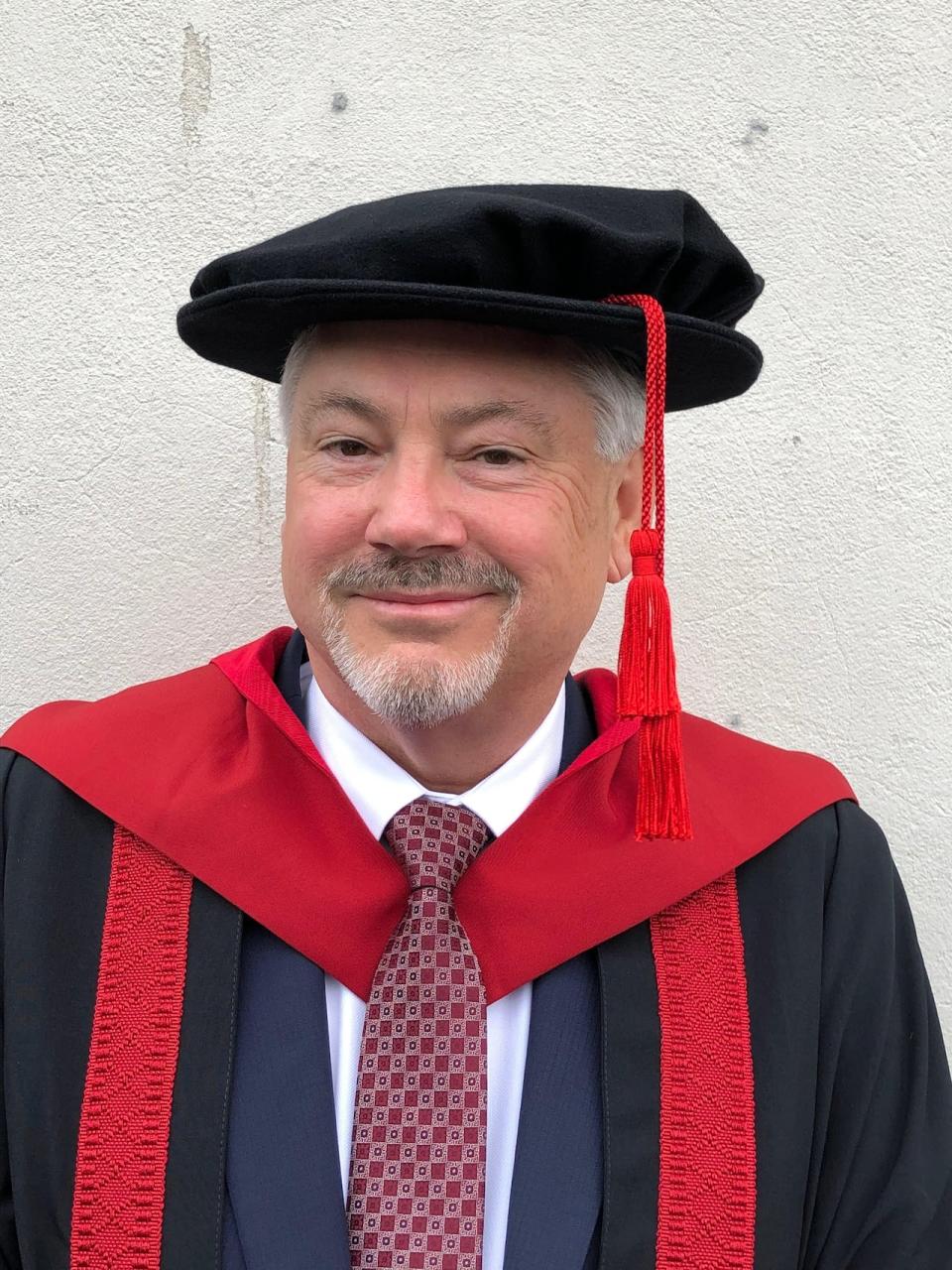Nunavut lawyers say more judges are going beyond proposed sentences

Lawyers who practice in Nunavut say they're seeing more judges handing down sentences which go beyond what the prosecution is asking for.
It happened twice in one week last month, with Karima Manji, an Ontario woman for defrauding Inuit organizations, and Mosesie Ikkidluak, a former RCMP special constable for sexual assault.
But several lawyers CBC spoke to say harsher punishments aren't always better.
Scott Cowan, who was Manji's lawyer and practises in Ontario and Nunavut, said it's happened in three of his recent cases in the territory.
"It happens a disproportionate amount in Nunavut, far more than anywhere else in Canada by a long shot," he said.
Decisions to hand out tougher penalties than what Crown prosecutors ask for must meet a high bar.
A Supreme Court of Canada decision in 2016 offers guidance on when it's appropriate to reject a joint proposal for a sentence.
"They should only do so where the proposed sentence would be viewed by reasonable and informed persons as a breakdown in the proper functioning of the justice system," the decision reads.

Dozens of people stand with defence lawyer (centre) Scott Cowan in a case in Ontario. (Kate Dubinski/ CBC London)
But when judges reject a Crown's proposal, Cowan said that makes it difficult for him to give the best advice to his clients.
"It is the Crown who introduces a range or a notion of jeopardy. When the sentence [from the judge] ultimately exceeds that … it does throw a wrench in the way people pleading guilty will approach their cases," he said.
Brian Manarin, an adjunct law professor at the University of Windsor, said respecting joint sentence submissions by the Crown and defence is important in cases where they have negotiated a guilty plea. That would mean the accused giving up their right to a trial.
"We don't have the resources to have a trial for each person who is charged. So many people forgo that for the certainty of an outcome now," he said.
'Rotating door' of lawyers in Nunavut
Anne Crawford is an Iqaluit-based lawyer who deals with family violence cases.
She said there's a rotating door of both Crown and defence lawyers in Nunavut.
Because of that, she believes there is a lack of knowledge of the realities Inuit face, which could lead to Crown prosecutors proposing lighter sentences than what the judge deems appropriate.
"I'm hearing conversations about how [a judge's decision] relates to what my parents taught me … how my father told me women should be treated. Those are what communities are saying, and it's really hard for Crown lawyers to get that kind of integration," she said.

Anne Crawford is a civil lawyer based in Iqaluit. (Juanita Taylor/CBC)
"Our Crowns would benefit from a broader sense of the community where they are serving."
But Manarin cautions against judges delivering sentences to pander to public opinion.
"To impose a harsh sentence to quell the great unwashed so to speak, is really ill-advised in my respectful opinion," he said.
Through his years as a Crown prosecutor, he said he's realized that being a prosecutor doesn't only mean demanding the hardest penalty possible.
"There's a real danger in wrongful conviction or wrongful sanctions which are too harsh or too lenient, " he said.
"Prosecutors are just as concerned about miscarriages of justice as defence counsel are, and we're all human beings."

Dr Brian Manarin is the author of 'Canadian Indigenous Peoples and Criminal Jury Trials: Remediating Inequities'. (Submitted by Brian Manarin)
Treating sexual violence in Nunavut seriously
Crawford believes there is a shift across Canada's courts to ensure there are significant consequences in cases of violence.
"Where the community is really small, we continue to be exposed offenders," she said, and that's especially a problem when cases aren't resolved in a timely manner.
Philippe Plourde, the chief prosecutor in Nunavut, said he has also noticed more judges imposing stronger sentence ranges.
"We make note of it in our assessment of appropriate sentencing positions going forward," he said.
Cowan recognizes that historically, Nunavut's courts have not taken sexual violence seriously enough.
"There is a reckoning that needs to happen in our system … but it has to be done with some consistency and some principle. I'm seeing that betrayed in Nunavut in some cases."


